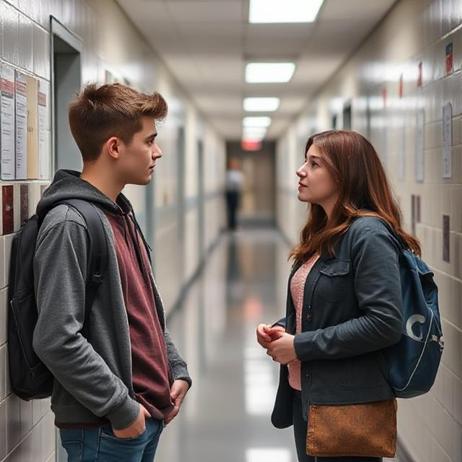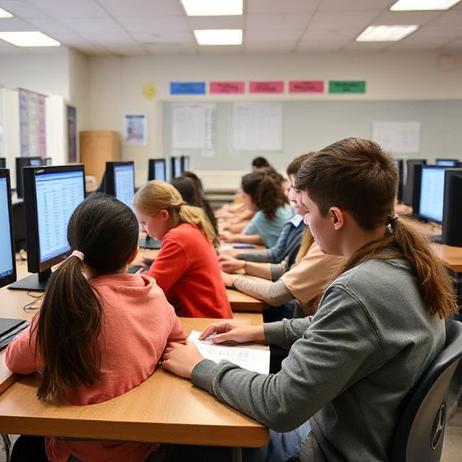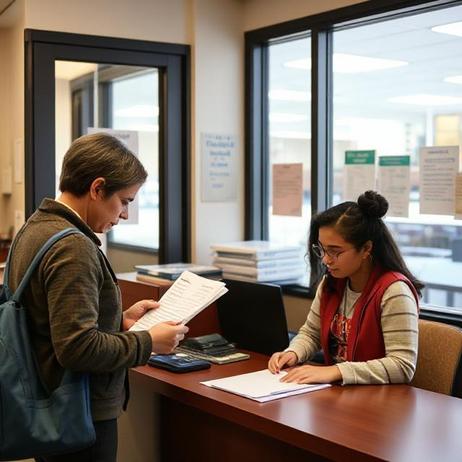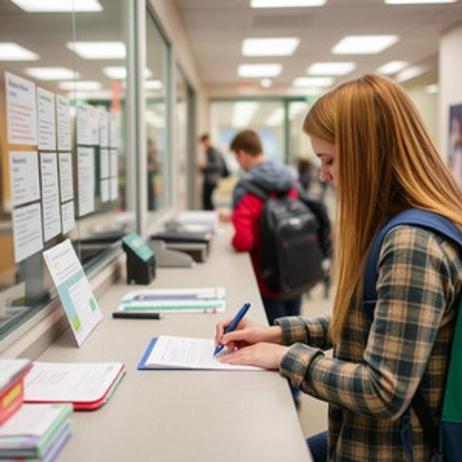Introduction
Every year, the tragic loss of a child or teen to suicide reminds schools, families and communities of the urgent need for thoughtful, coordinated prevention efforts. While the focus of this article is K-12 school settings (including boarding schools), the lessons apply broadly to any educational environment where young people spend significant time. Our goal is to equip parents, educators and students with current evidence, policy context, practical steps and real-world examples to prevent suicide in schools.
The Scope of the Problem in 2025
Recent data show that youth suicide and suicidal ideation remain serious challenges. According to the Jed Foundation, 40% of high school students reported persistent feelings of sadness or hopelessness in the past year.
Among high school students, 20.4% reported seriously considering suicide in the past year; overall, 9.5% attempted suicide.
At the national level, the age-adjusted suicide rate in the United States was 14.12 per 100,000 in 2023.
In 2024, some states experienced alarming surges: for example, in Georgia youth suicides rose by 70% in one year.
These figures illustrate that suicide remains the second-leading cause of death for adolescents and young adults ages 10–34.
Schools are therefore a frontline environment for prevention, since students spend much of their day there, and many warning signs may present within the educational setting.
Why Schools Matter – and What to Focus On
In the school setting, prevention efforts must address multiple dimensions: promoting protective factors, identifying risk indicators early, ensuring timely






















